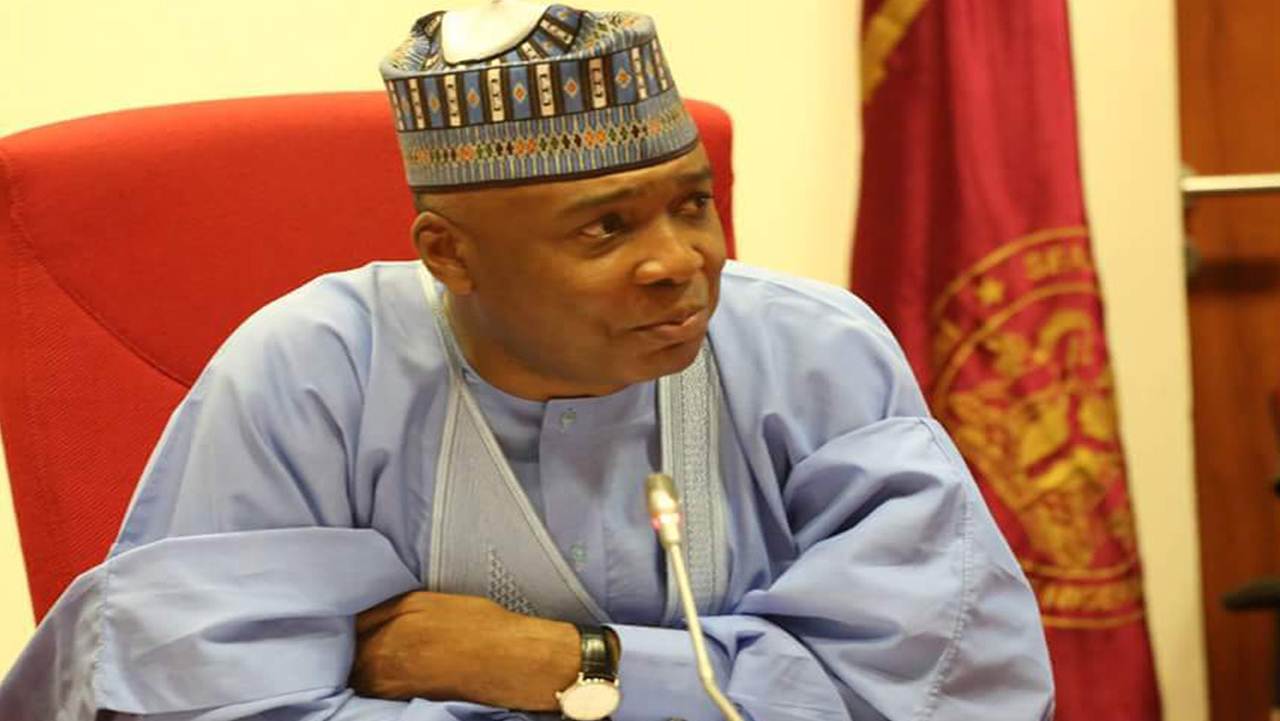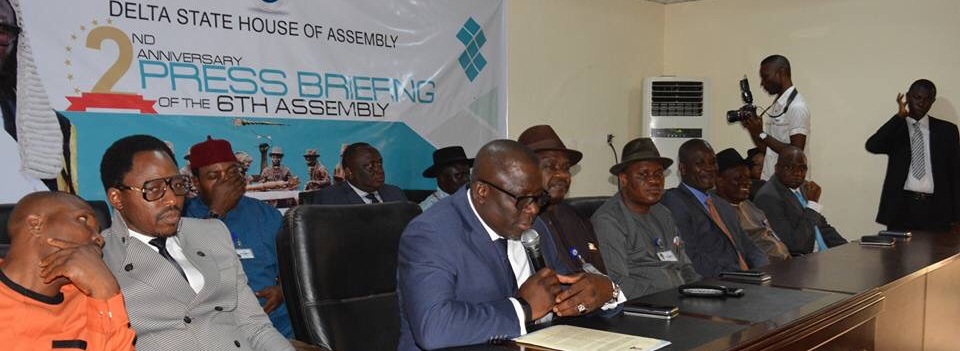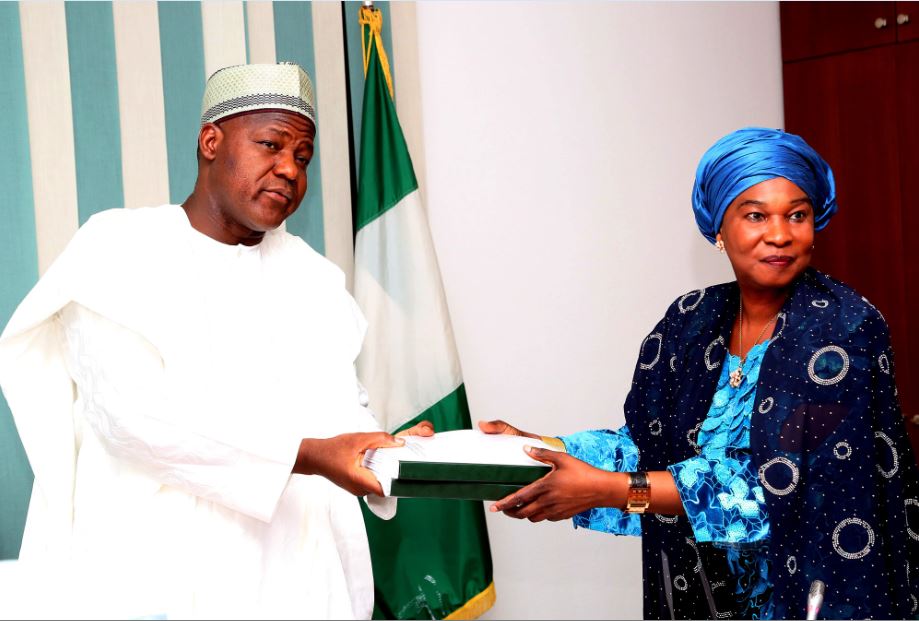In a bid to improve the security of communities, Rivers State Governor, Nysom Ezenwo Wike, has given his assent to the Rivers State Secret Cult and Similar Activities (Prohibition) (Amendment) Law 2018.
The Governor also gave his assent to the Rivers State Neighbourhood Safety Corps Law 2018 and the Rivers State Kidnap (Prohibition) (Amendment) Law 2018.
Giving his assent to the three laws passed by the Rivers State House of Assembly at the Government House, Port Harcourt on Thursday, Governor Wike said that the laws are necessary to enhance security across the state.
He said that Neighbourhood Watch Safety Corps will support existing security agencies with intelligence and information for them to effectively fight crime and make the state safer.
The governor said that the Neighbourhood Watch Safety Corps cannot work without the approval of security agencies who will profile all the operatives.
He said anybody who loves Rivers State will not do anything to undermine steps that will enhance the security of lives in the state.
He said: “If your hands are clean, you have nothing to fear about the three laws that I have given assent to. By tomorrow, I will appoint the person that will head the Neighbourhood Watch Safety Corps.
“All criminals will face the full weight of the law. We will fight crime and ensure that the State is safe for investors “.
He debunked claims by opposition elements that the State Government plans to use the Neighbourhood Watch to arm youths. The governor said that the corps is a replica of what is already in existence in Lagos State.
Commenting on the Anti-kidnapping and Anti-Cultism Laws, Governor Wike said that stiffer penalties have been approved to discourage those who may want to be involved in the offences.
“If you are a cultist and you are caught, it is life imprisonment. If you are a cultist and you kill during cult activities, you will face the death penalty.
“If you are convicted of kidnapping and the Supreme Court affirms your conviction, I will sign the death warrant without looking back “, the governor said.
The governor said that the State Government will battle cultism and kidnapping to a standstill, noting that enough is enough.
Senator Representing Rivers West Senatorial District, Senator Osinakachukwu Ideozu said that the laws assented by the Rivers State Governor will strengthen security operations in the state. Senator Ideozu described as unfortunate the failed attempt by Senator Magnus Abe to mislead the Senate on the Neighbourhood Watch. He said it is within the purview of the Rivers State House of Assembly to pass the State Neighbourhood Watch SafetyCorps Law for the security of the state.
Senator Ideozu commended Governor Wike for being proactive in the promotion of security in Rivers State by giving assent to the three laws.
Presenting the bills, Majority Leader of the Rivers State House of Assembly, Martins Amaewhule said that the laws provided for stiffer penalties in the interest of the state.
He said that the Neighbourhood Watch Safety Corps Bill was passed in line with extant laws and the constitution.
Speaker of the House of Assembly, Ikuinyi Ibani said the Rivers State Governor has made a difference through service delivery.


